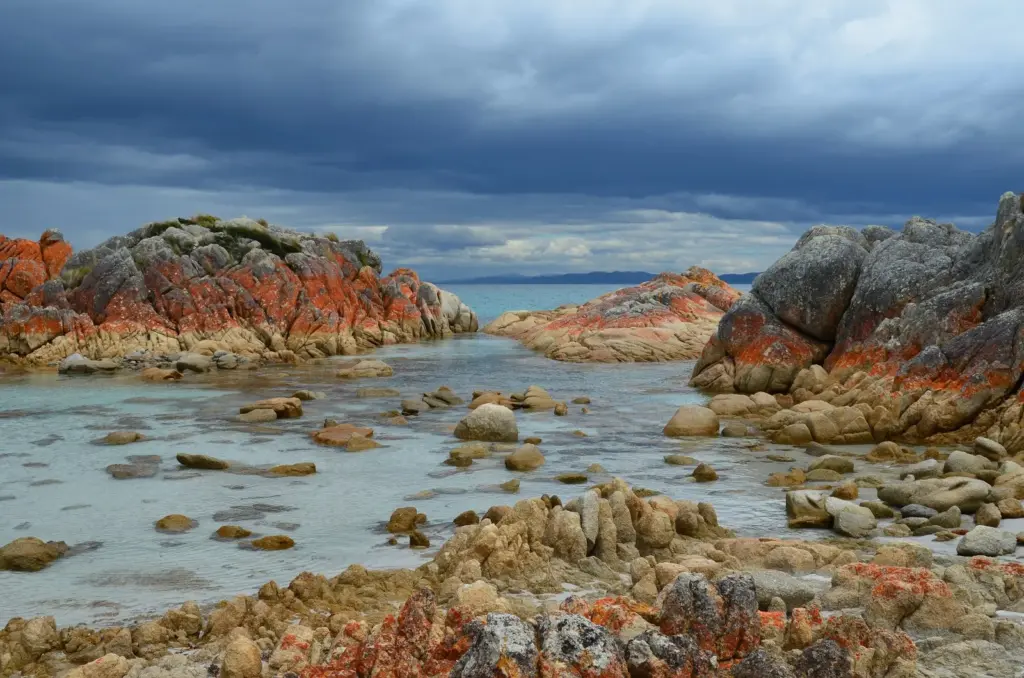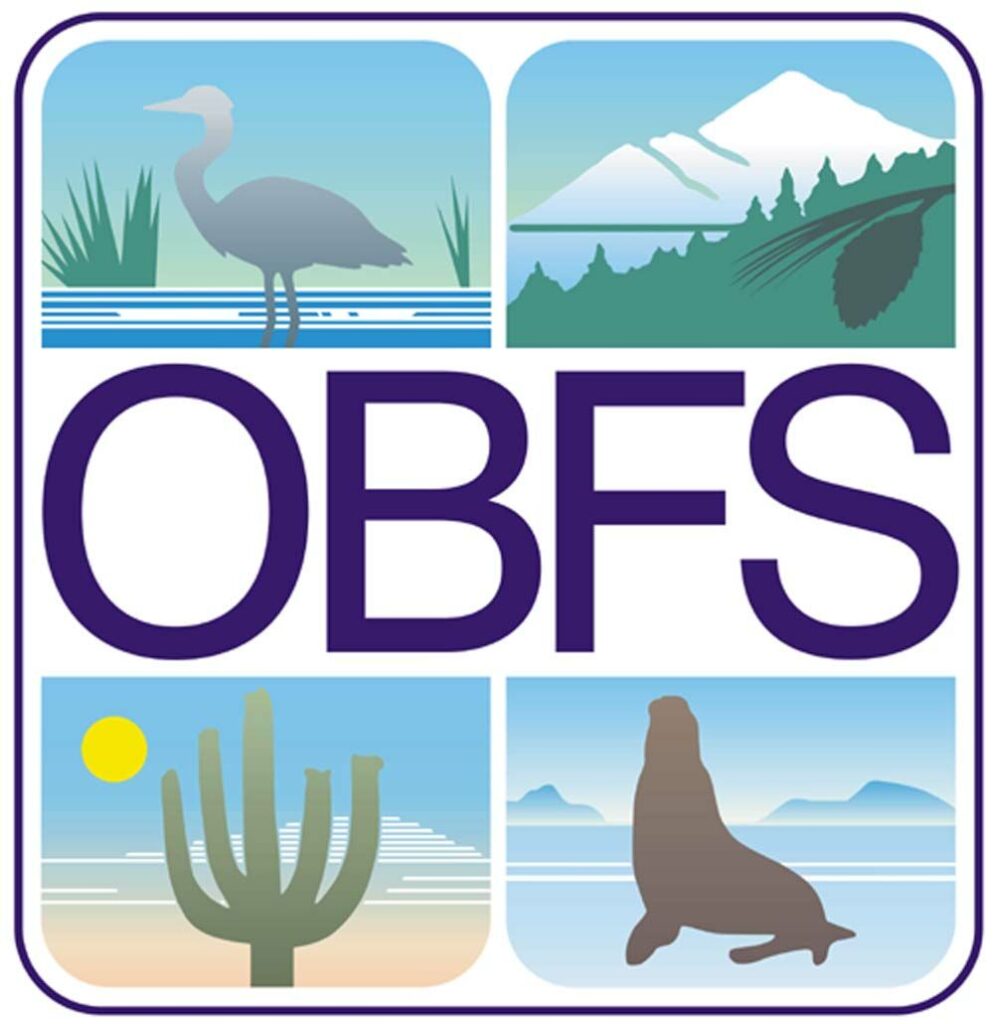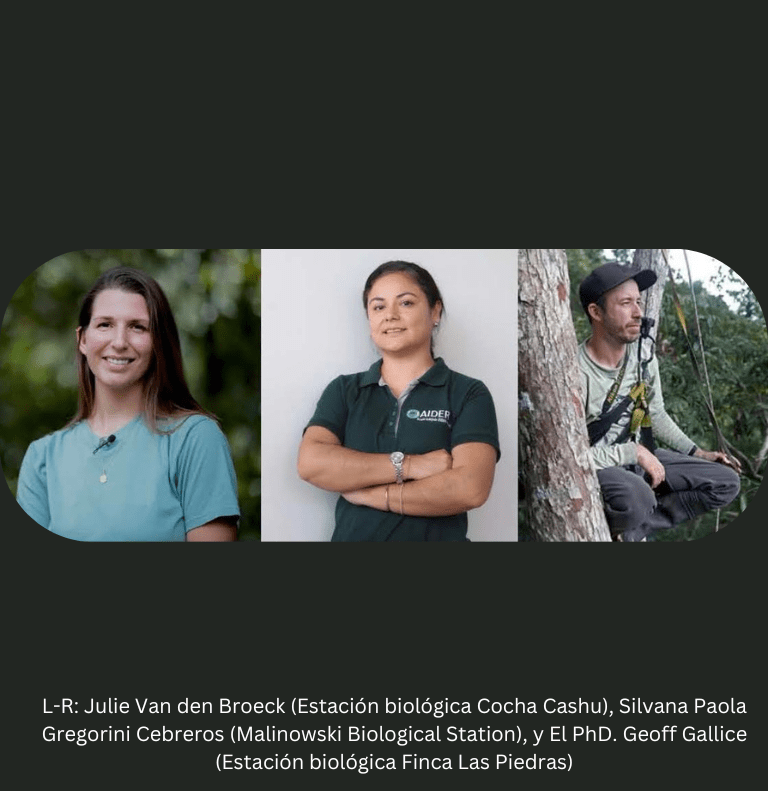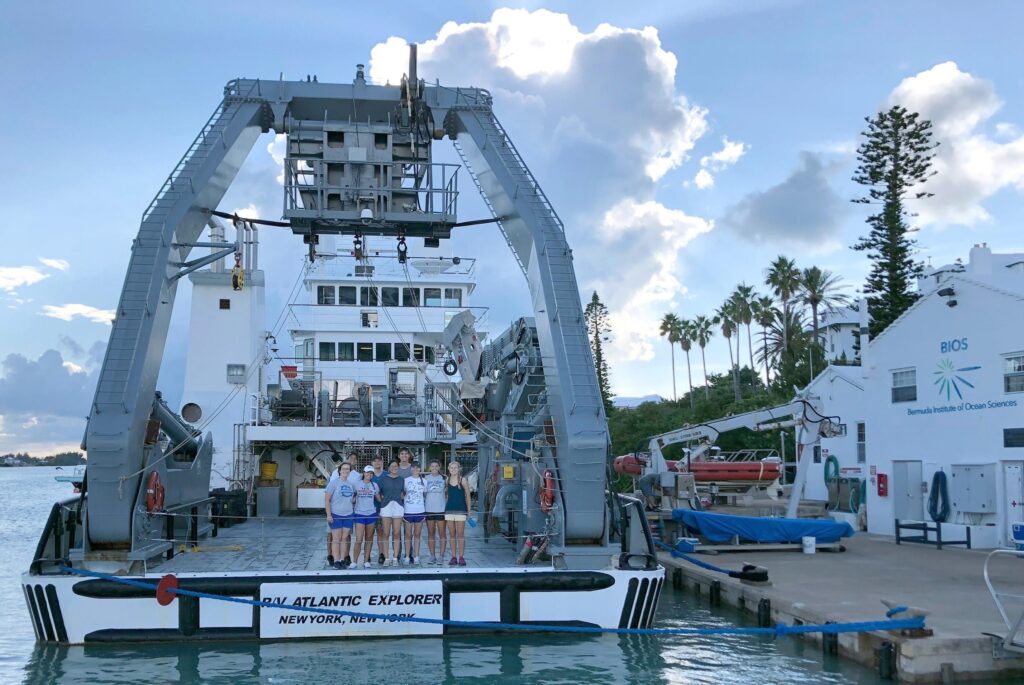2024 OBFS Historian Report
This has been a landmark year for OBFS Historical Resources as, on 2/8/2024, the OBFS Board voted to form an official Historic Resource Committee to survey historical resources and centralize, digitize and make available to the public the background papers and photos of the Organization of Biological Field Stations. The Historic Resource Committee was formed…
Read MoreNational Field Station Conservation Survey
Private conservation lands are an important part of protecting ecosystems and preventing habitat loss throughout the country. Field stations, in particular, contribute to conservation and provide opportunities for research, education, and training for our future environmental scientists and leaders. Auburn University College of Forestry, Wildlife and Environment (CFWE) together with The Jones Center at Ichauway…
Read MoreOn-site position opening at a Costa Rican field station
EXECUTIVE DIRECTOR CLOUDBRIDGE NATURE RESERVE ABOUT THE ORGANIZATION: The Cloud Forest Conservation Alliance (CFCA) is a US based 501c3, recognized as a Costa Rican corporation, operating Cloudbridge Nature Reserve in Costa Rica. Cloudbridge is a private nature reserve stretching from 1550m to 2600m (5085-8530 ft) in the cloud forest of the Talamanca mountains.…
Read MoreWriting Workshop
Academic Writing Retreat at Lacawac Sanctuary Our writing retreats for academics, PhD students and other professionals offer you the possibility to concentrate on thinking, reading and writing in a sustained way, to recharge your battery, and to gain new inspiration. For individuals and groups. Let original new ideas be born, maybe even ground-breaking ideas for…
Read MoreFlathead Lake Biological Station Awarded $9.5M for Ocean Climate Change Science
Origionally published by NBC KTVH By: UM News Service Posted at 6:11 PM, Jun 16, 2024 A new research project led by the University of Montana’s Flathead Lake Biological Station (FLBS) expands the impact of the station’s renowned expertise from mountain watersheds to ocean depths. Dubbed SUBSEA – the Subtropical Underwater Biogeochemistry and Subsurface…
Read MoreOBFS Board Meeting
The OBFS Board meets every 8 weeks. All OBFS members are welcome to attend. Please contact Beth Norman (secretary@obfs.org) for more information.
Read MoreOBFS Board Meeting
The OBFS Board meets every 8 weeks. All OBFS members are welcome to attend. Please contact Beth Norman (secretary@obfs.org) for more information.
Read MoreVirtual Café: el papel de las estaciones de campo y el esfuerzo científico – Virtual Café: The Role of Field Stations in Scientific Research
Tenemos como enfoque hablar sobre los esfuerzos de investigación que se realizan en sus estaciones biológicas latinoamericanas del sureste de la amazonía peruana. We will talk about Latin American research efforts based at field stations in the southeast region of the Peruvian Amazon. El PhD. Geoff Gallice (Estación biológica Finca Las Piedras) nos hablara acerca del proyecto:…
Read More2024 Fall Research Experiences for Undergraduates (REU) Program at Bermuda Institute of Ocean Sciences
2024 Fall Research Experiences for Undergraduates (REU) Program at Bermuda Institute of Ocean Sciences FULLY FUNDED MARINE RESEARCH INTERNSHIPS FOR UNDERGRADUATES IN BERMUDA The Bermuda Institute of Ocean Sciences (ASU BIOS), a unit of the Julie Ann Wrigley Global Futures Laboratory at Arizona State University, has funding from the National Science Foundation, (NSF Award number…
Read MoreOBFS Board Meeting
The OBFS Board meets every 8 weeks. All OBFS members are welcome to attend. Contact Beth Norman (secretary@obfs.org) for more information.
Read More





